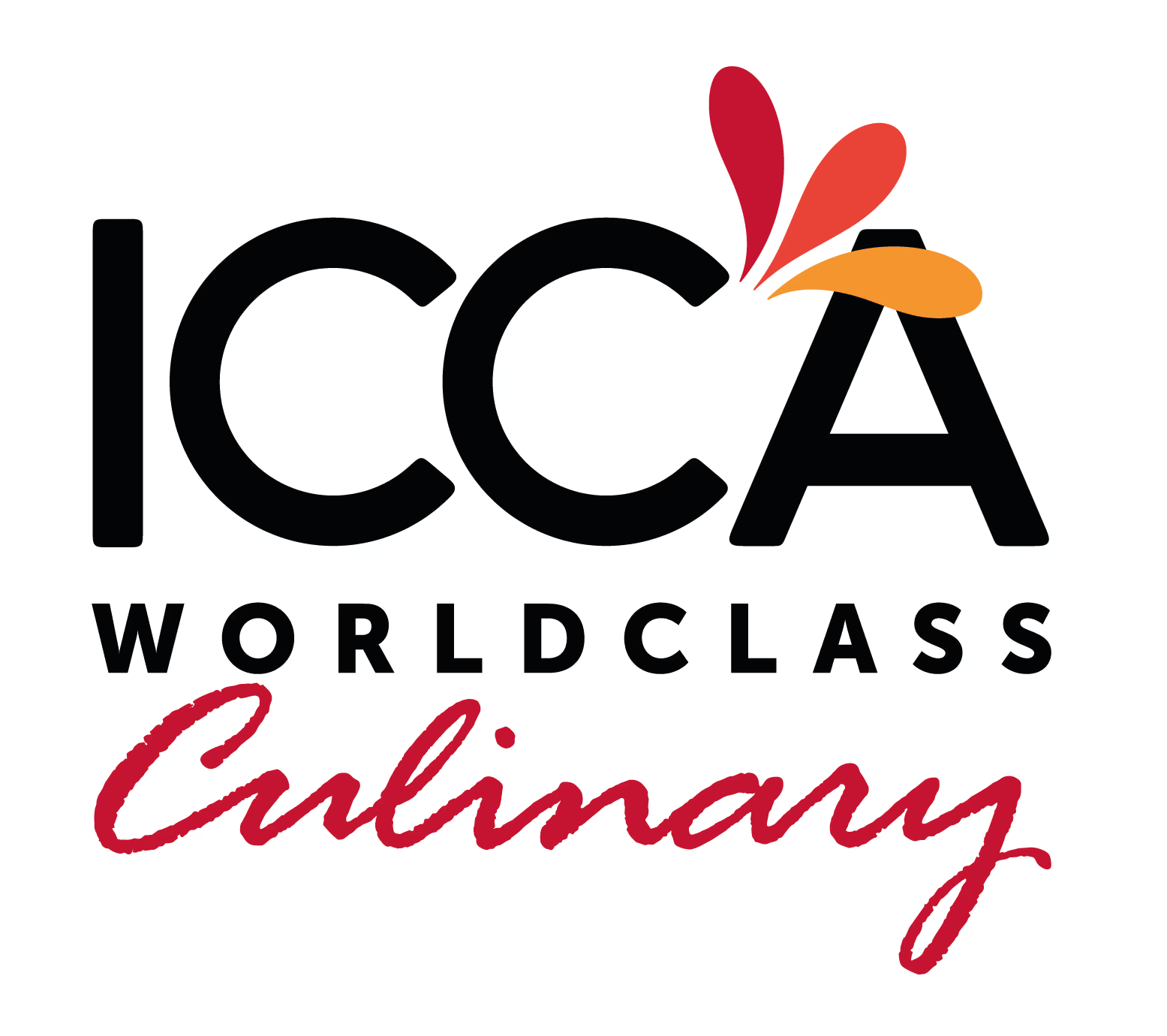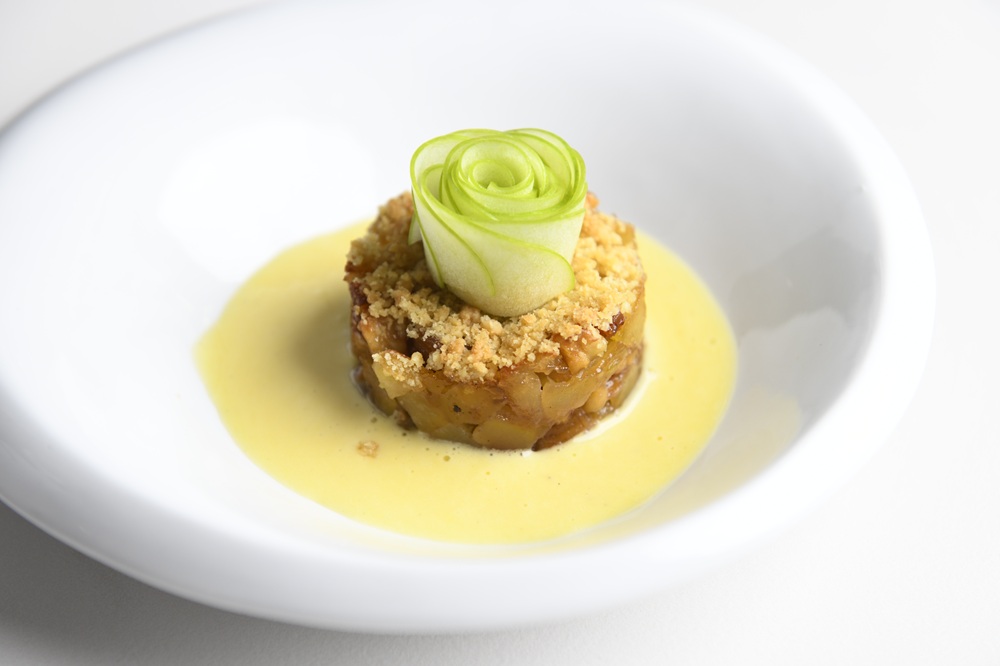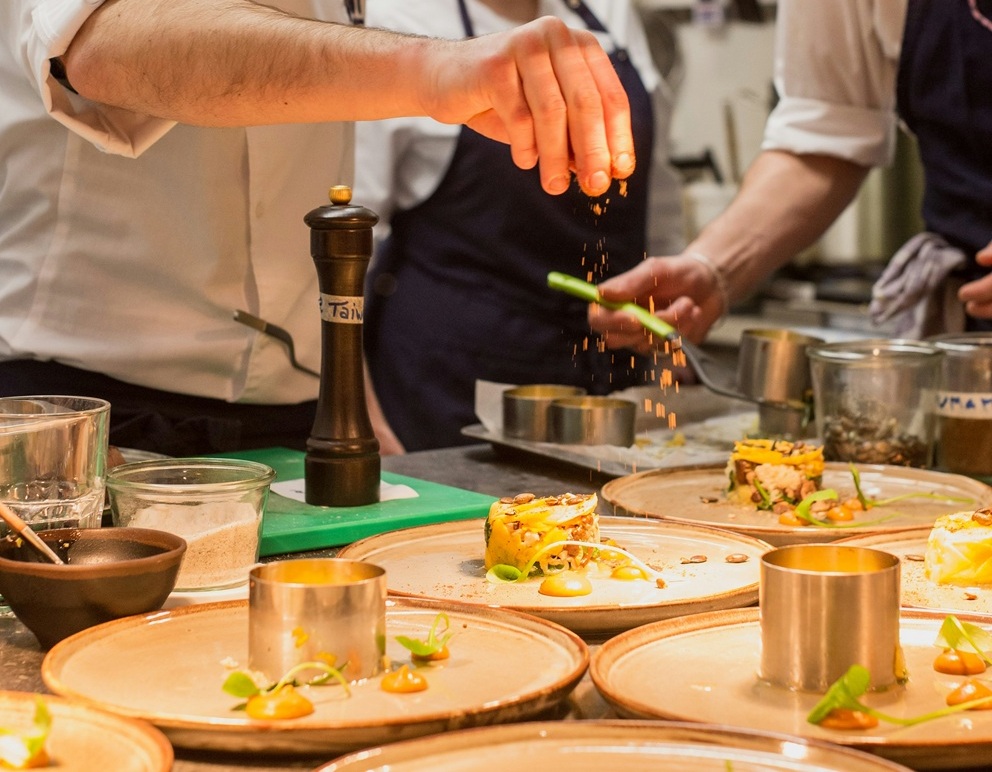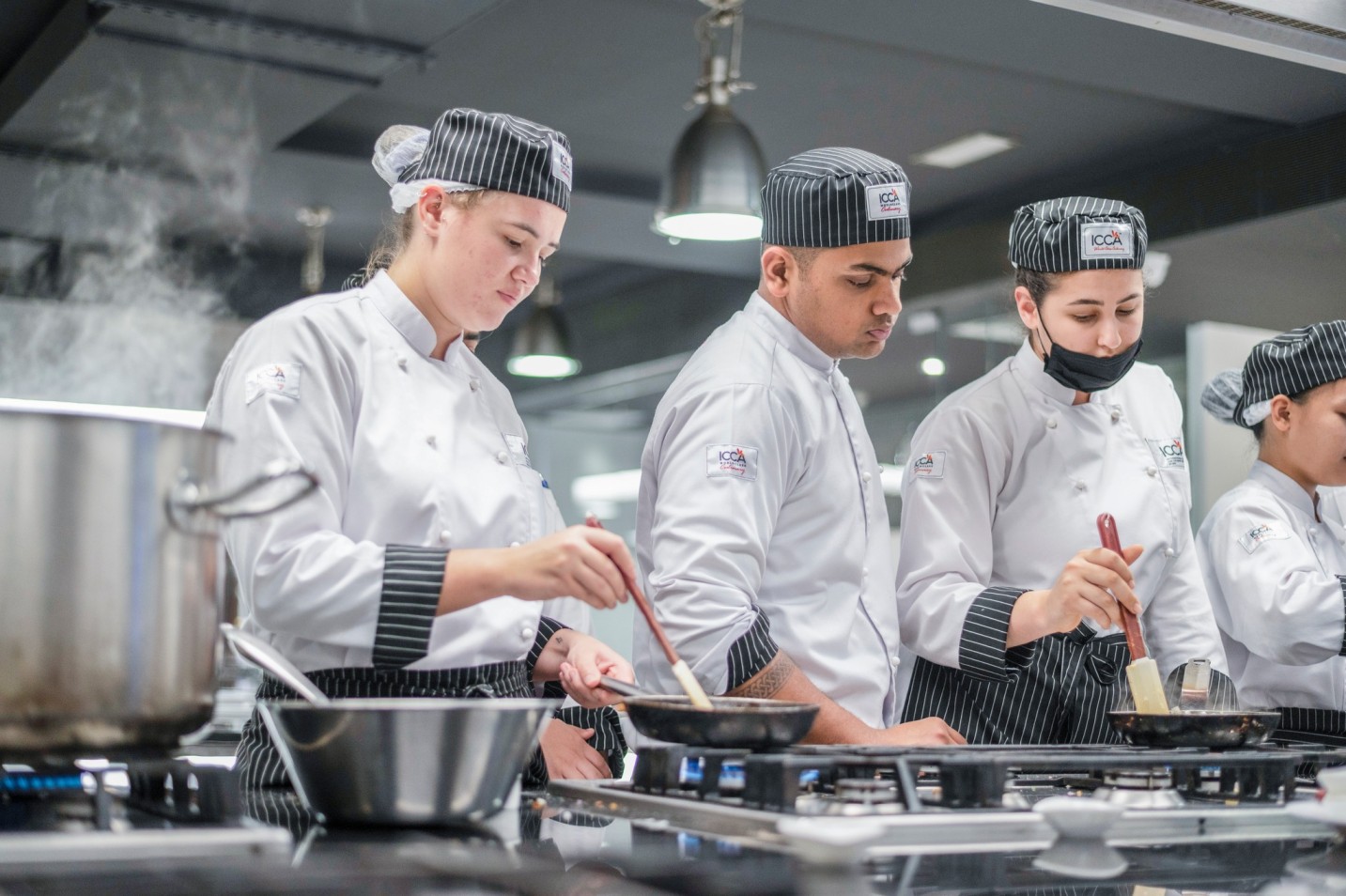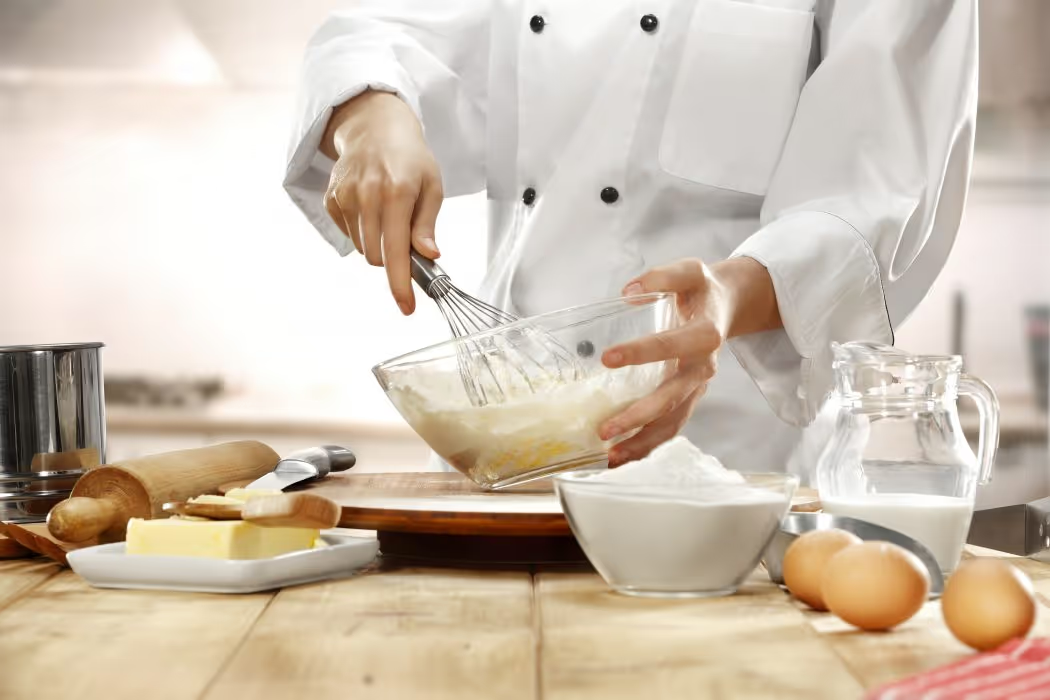Starting a home bakery sounds like a dream, right? Whipping up cakes, cookies, and all things sweet straight from your kitchen and watching people fall in love with your creations. But turning that dream into a full-on business? That takes more than just a killer brownie recipe.
From handling orders to figuring out costing (and let’s not even get started on delivery disasters), the home baker life comes with its fair share of chaos. The good news? You’re not alone — and there are ways to make it work (and thrive!). Here’s how:
1. Navigating the Legal path: Compliance is Key
One of the first and most critical challenges new home bakers face is navigating the complex web of legal requirements. Many underestimate how vital compliance is to building a reputable and sustainable business.
- Licenses and Permits: Depending on your location, you may need food business licenses, health and safety certifications, or permits specific to home-based operations. For example, in countries like India, the Food Safety and Standards Authority of India (FSSAI) mandates licenses for any commercial food production. Without these, your bakery risks fines, shutdowns, or worse.
- Kitchen Standards: Your home kitchen might not automatically qualify for food production. Some regions require a certified commercial kitchen or inspections to ensure hygiene and safety standards.
- Labeling and Packaging Laws: Accurate ingredient lists, allergen warnings, and expiration dates aren’t just good practice — they’re often legally required. Neglecting these can damage your reputation and result in penalties.
2. Balancing Quality and Quantity: The Art and Science of Baking Business
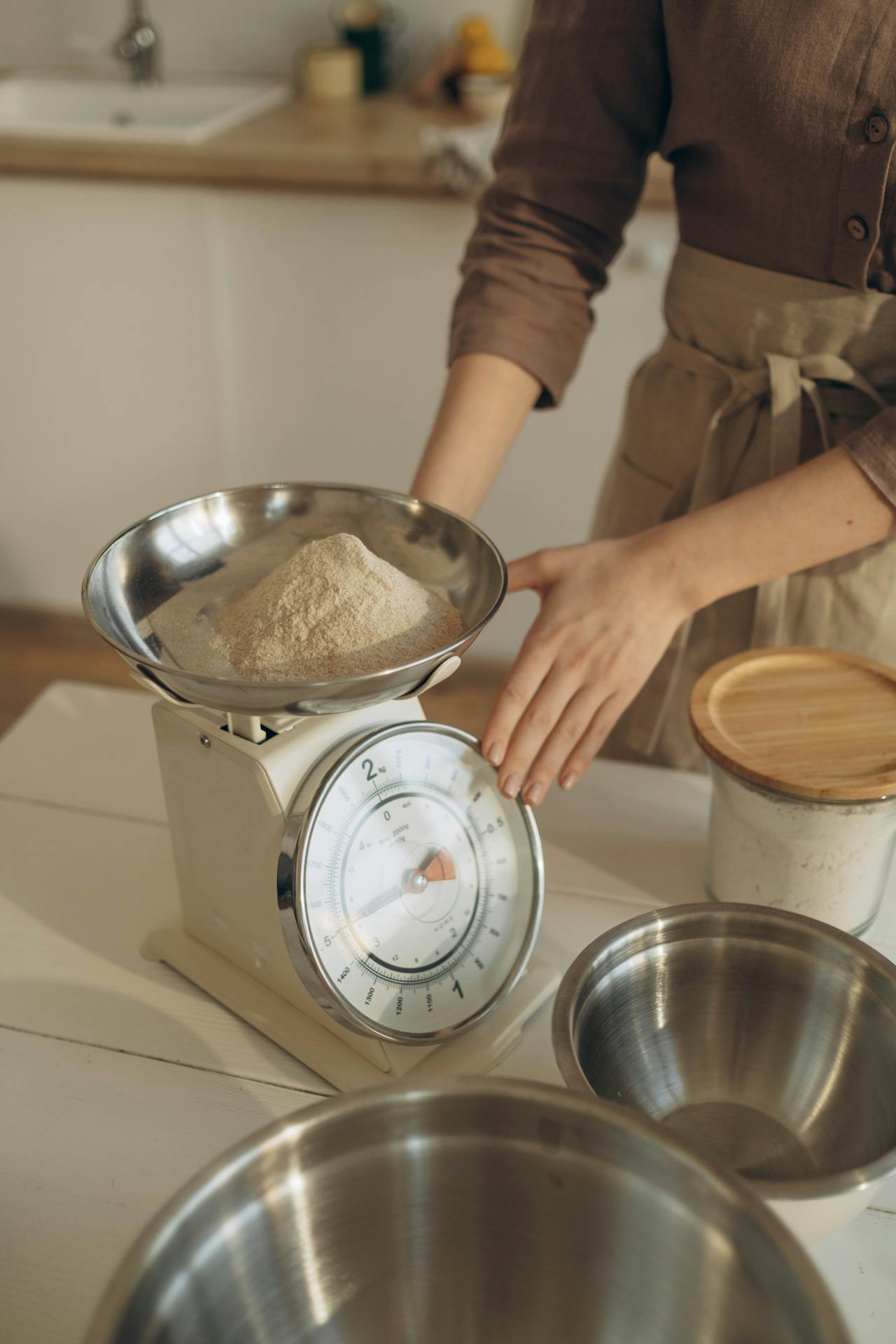
Baking is a beautiful craft. It’s about precision, passion, and creativity. But when you move beyond the kitchen table into a business, you have to balance artistry with efficiency.
- Consistency is Crucial: Customers expect every batch to taste as good as the last. This means mastering recipe scaling and quality control, even as order volumes increase.
- Inventory and Supply Management: Buying ingredients in bulk helps reduce costs but requires smart inventory management to avoid waste.
- Pricing Your Products: Setting prices that reflect your costs, labor, and market while remaining attractive to customers can be challenging. Many underestimate the true cost of their time and materials.
Finding this balance is a constant juggling act. Without experience or training in kitchen operations and business management, it’s easy to get overwhelmed or burn out. That’s where formal culinary education can make a difference — equipping you with both practical kitchen skills and business acumen.
3. Marketing in a Saturated Market: How to Make Your Brand Shine
The rise of social media has democratized marketing, giving home bakers a platform to showcase their talents like never before. But with thousands of similar offerings out there, standing out requires more than pretty photos.
- Define Your Unique Selling Proposition: What sets your bakery apart? Is it artisanal recipes, dietary-specific options like gluten-free or vegan, or bespoke designs? Identifying your niche helps attract the right customers.
- Engage Consistently: Building a loyal following takes regular, authentic interaction — posting consistently, sharing behind-the-scenes stories, and responding to customer feedback.
- Use Multiple Channels: Don’t rely on one platform alone. Explore Instagram, Facebook, local marketplaces, food fairs, and collaborations with cafes or event planners.
- Branding Matters: Your brand identity — from logo and packaging to tone of voice — creates lasting impressions. A cohesive, professional look elevates your bakery from hobby to business.
Learning marketing basics and branding strategies can be daunting alone, but they’re essential. Professional culinary programs increasingly incorporate entrepreneurship and marketing to help graduates build businesses that thrive online and offline.
4. Managing Finances Wisely: Baking a Profitable Business
Many passionate bakers neglect the financial side, which can lead to unprofitable ventures or burnout.
- Budgeting: Initial costs include equipment, ingredients, licenses, and packaging. Recurring expenses such as utilities, delivery, marketing, and ingredient price fluctuations must be accounted for.
- Understanding Profit Margins: Calculate costs per product accurately, including your labor, overheads, and taxes to set prices that ensure profitability.
- Record Keeping: Maintain clear financial records for tax purposes and to track business health.
- Planning for Growth: Reserve funds for unexpected expenses or future expansion.
Financial literacy is key. Learning these skills through formal education or mentorship can transform your passion project into a viable, thriving business.
5. Scaling Up Without Losing Your Essence: Growth with Grace
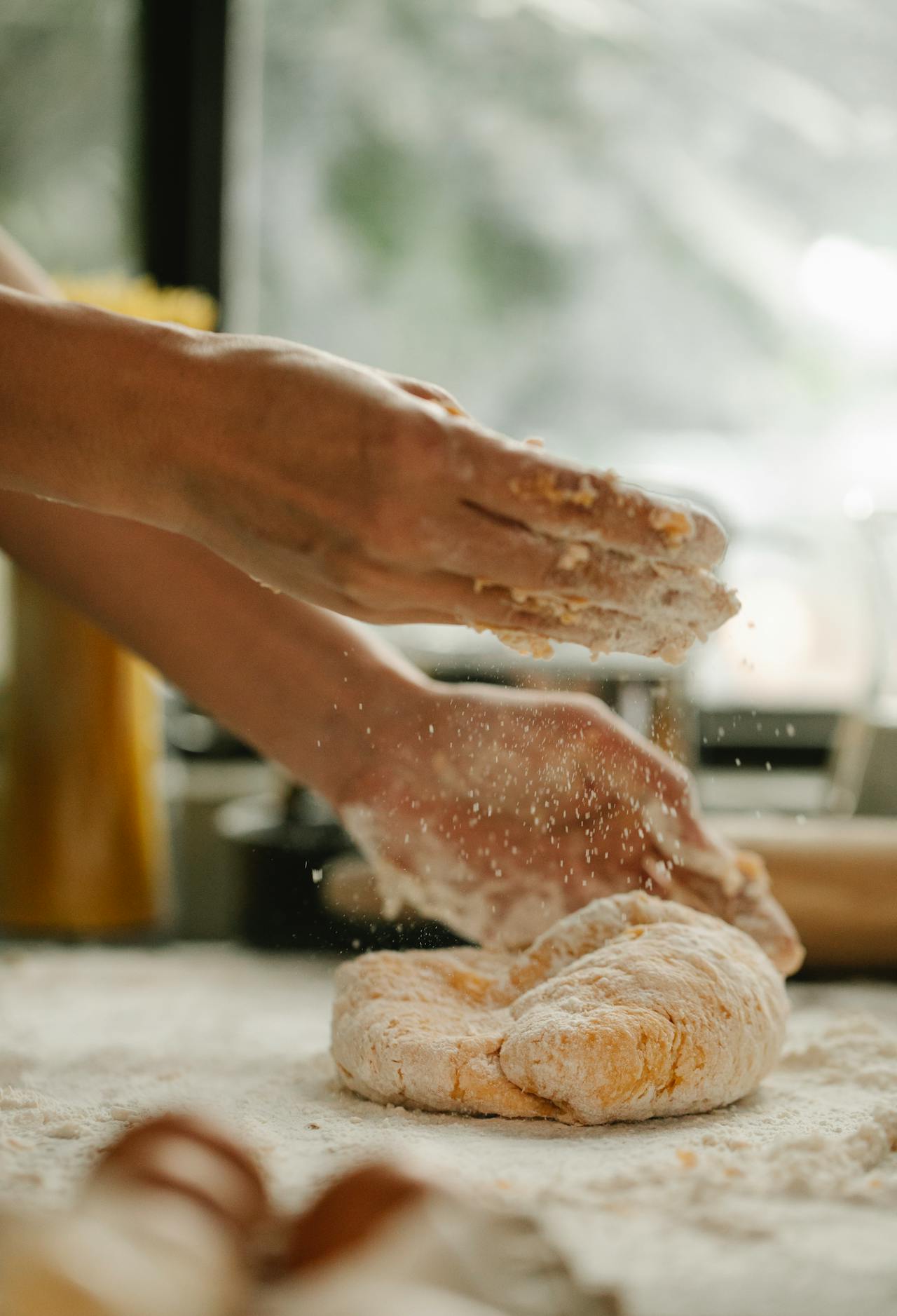
Growth is exciting but can be a double-edged sword. Expanding your bakery business might mean hiring staff, investing in commercial space, or increasing production volume — but it’s vital to preserve what made your bakery special.
- When to Scale: Growth should be strategic, based on demand and your capacity to maintain quality and service.
- Maintaining Brand Identity: Ensure your values and personal touch remain intact even as you grow.
- Systems and Leadership: Develop operational systems and leadership skills to manage teams and logistics.
Scaling is a big step, one that requires not just culinary skills but business insight and confidence.
Turning your Passion into Profession: The Power of Professional Culinary Education
You’ve seen the hurdles, legal compliance, quality control, marketing, finances, and growth management. These challenges might feel daunting, but they’re entirely manageable with the right preparation. This is where professional culinary education can transform your journey. Institutions with industry-aligned programs don’t just teach recipes; they provide comprehensive training in food safety, business management, marketing, and entrepreneurship. You gain practical, hands-on experience in real kitchen environments, preparing you to excel as both a chef and a business owner. Programs tailored to today’s specialized economy emphasize the importance of knowledge and skills that meet market demands. Graduates leave equipped not only to bake but to build a brand, manage operations, and innovate confidently.
Starting with humble beginnings and evolving into world-class institutions, these schools have empowered thousands of students to realize their dreams. Investing in your education is investing in your future — giving you the tools to rise above challenges and thrive in a competitive, ever-changing industry.
If you’re serious about building a bakery that’s more than a hobby, one that stands out, grows sustainably, and truly flourishes, consider professional training as your foundation. With knowledge, skill, and the right mindset, you can turn your passion for baking into a lifelong profession that delights customers and sustains your dreams. Your kitchen could be the start of something extraordinary. Bake smart, plan well, and rise above. Ready to elevate your baking skills to the next level? ICCA Certificate in Culinary Techniques (Baking & Patisserie) offers hands-on training and expert guidance to help you master the art of pastry and desserts.

